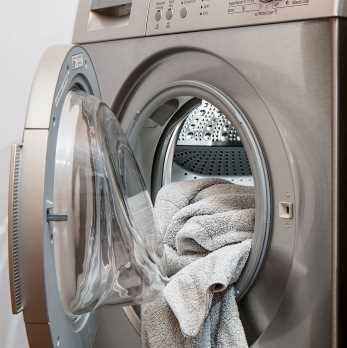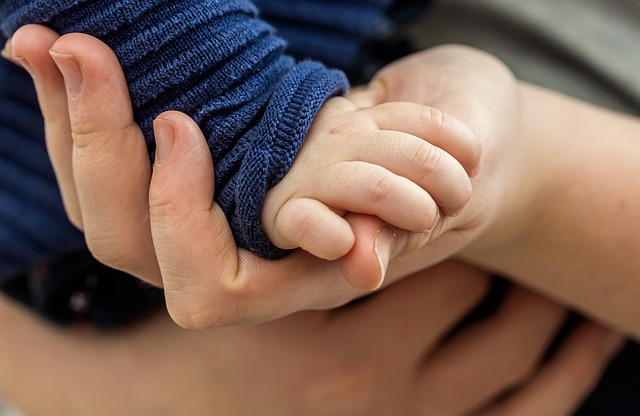Embrace Creativity: A New Approach to Overcoming Depression
Depression is a complex mental health condition that affects millions of people worldwide. While traditional treatments like medication and talk therapy are essential, creative therapies offer unique and powerful ways to manage symptoms and promote healing. This article explores how art, music, and sports can be used as effective tools in the journey to overcome depression.
How can art therapy help in treating depression?
Art therapy is a form of psychotherapy that uses creative expression to improve mental health and well-being. For those struggling with depression, creating art can provide a non-verbal outlet for emotions that may be difficult to express in words. Through painting, drawing, sculpting, or other artistic mediums, individuals can explore their feelings, reduce stress, and gain new insights into their experiences.
The process of creating art can also boost self-esteem and provide a sense of accomplishment, which are often lacking in those with depression. Additionally, art therapy sessions can offer a safe space for individuals to connect with others who may be facing similar challenges, fostering a sense of community and support.
What role does music play in emotional healing?
Music has a profound impact on our emotions and can be a powerful tool in managing depression. Listening to music can help regulate mood, reduce anxiety, and provide comfort during difficult times. Moreover, actively engaging in music through singing, playing an instrument, or composing can offer therapeutic benefits.
Music therapy, conducted by trained professionals, uses various musical interventions to address emotional, cognitive, and social needs. For individuals with depression, these sessions may involve listening to or creating music, discussing lyrics, or using rhythm to express emotions. The versatility of music therapy allows it to be tailored to each person’s preferences and needs, making it an accessible and enjoyable form of treatment.
How can sports and physical activity combat depression?
Regular physical activity has been shown to have significant positive effects on mental health, including the reduction of depressive symptoms. Engaging in sports or exercise releases endorphins, the body’s natural mood elevators, which can help alleviate feelings of sadness and low energy associated with depression.
Participating in team sports or group fitness activities can also provide social interaction and support, combating the isolation that often accompanies depression. The sense of achievement from improving physical skills or reaching fitness goals can boost self-esteem and confidence, which are crucial in overcoming depressive thoughts and behaviors.
What are some creative ways to incorporate these therapies into daily life?
Integrating creative therapies into your routine doesn’t have to be complicated or time-consuming. Here are some practical ways to harness the power of art, music, and sports in your daily life:
- Keep a sketchbook for doodling or coloring during breaks
- Create a mood-boosting playlist for different times of the day
- Join a community sports team or fitness class
- Experiment with different art forms, like photography or pottery
- Attend live music events or concerts
- Set small, achievable fitness goals and track your progress
By incorporating these activities into your daily or weekly routine, you can create a holistic approach to managing depression that complements traditional treatments.
Can these therapies replace traditional depression treatments?
While creative therapies can be highly effective in managing depression, it’s important to note that they are often most beneficial when used in conjunction with traditional treatments. Medication and psychotherapy remain the cornerstone of depression treatment for many individuals. Creative therapies should be viewed as complementary approaches that can enhance the overall treatment plan.
It’s crucial to work with mental health professionals to develop a comprehensive treatment strategy that may include a combination of traditional and creative therapies. This integrated approach can provide a well-rounded and personalized path to recovery, addressing the diverse needs of individuals struggling with depression.
What research supports the effectiveness of these creative therapies?
| Therapy Type | Key Findings | Source |
|---|---|---|
| Art Therapy | Reduced depression symptoms and improved self-esteem | American Art Therapy Association |
| Music Therapy | Decreased anxiety and improved mood in depressed patients | Journal of Clinical Psychiatry |
| Sports/Exercise | Regular physical activity can be as effective as medication for mild to moderate depression | Harvard Health Publishing |
Research in the field of creative therapies for depression treatment has shown promising results. Studies have demonstrated that art therapy can significantly reduce depressive symptoms and improve overall well-being. Music therapy has been found to decrease anxiety and enhance mood regulation in individuals with depression. Additionally, numerous studies have highlighted the positive impact of regular physical activity on mental health, with some suggesting that exercise can be as effective as medication for mild to moderate depression in certain cases.
While these findings are encouraging, it’s important to remember that the effectiveness of these therapies can vary from person to person. What works well for one individual may not be as beneficial for another. This underscores the importance of a personalized approach to depression treatment, where various therapies are explored and combined to create the most effective treatment plan for each individual.
In conclusion, creative therapies involving art, music, and sports offer valuable tools in the fight against depression. By engaging in these activities, individuals can tap into their innate creativity, express emotions, and promote healing in unique and powerful ways. When used alongside traditional treatments and under the guidance of mental health professionals, these therapies can contribute significantly to a comprehensive and effective approach to overcoming depression.
This article is for informational purposes only and should not be considered medical advice. Please consult a qualified healthcare professional for personalized guidance and treatment.
The shared information of this article is up-to-date as of the publishing date. For more up-to-date information, please conduct your own research.





